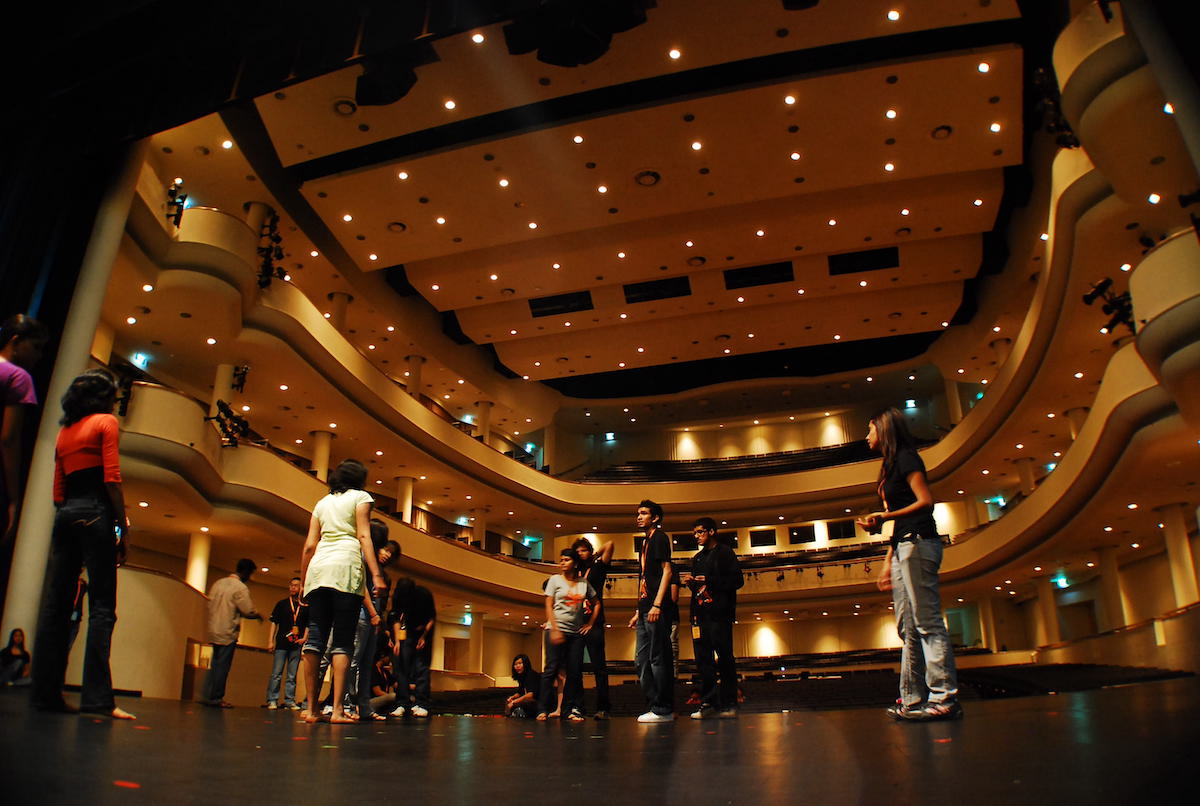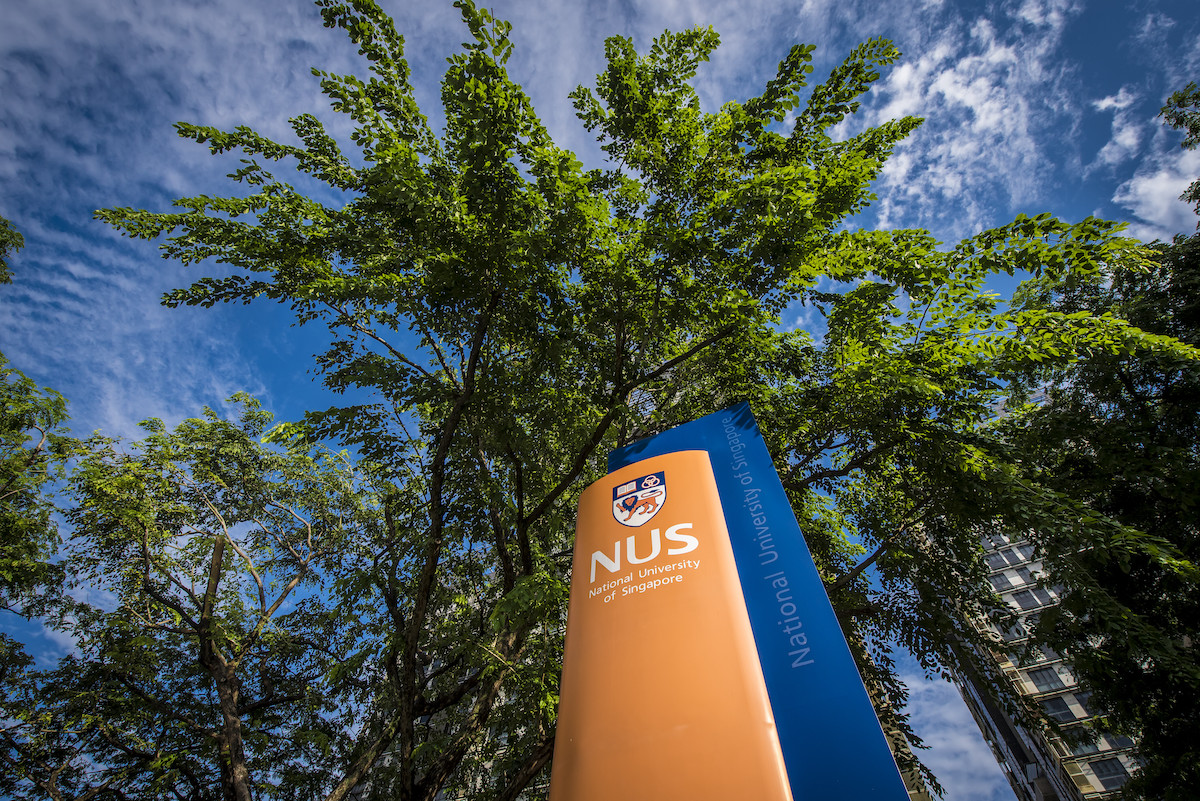This wonderful Cornish workshop and museum is dedicated to the legacy of studio pottery trailblazer Bernard Leach
Why is studying theatre and performance important?
Why is studying theatre and performance important?
20 Dec 2023
Sponsored content

The field of Theatre and Performance Studies looks at performances on stages, screens, texts, and even in everyday life. On the one hand, it examines cultural practices that revolve around people making stories, images, and experiences about fictional worlds. On the other hand, it also considers, what if we look at daily life like a series of performances? How can understanding the roles we play in life and the scenes we set for everyday behaviour teach us about what matters to us as humans? To ask such questions, Theatre and Performance Studies specialists zoom in to the details of how specific kinds of performances work and zoom out to the larger social contexts where performances take place.
While performances on stage might require highly specialized technicians, artisans, writers, directors, and performers (imagine a strong and graceful trapeze artist), everyday performances might require people to simply repeat what they have learned since childhood (imagine a wave hello). To think about these two kinds of performances as both distinct and related, we can consider performances along a “broad spectrum” of behaviour. [1] Studying about behaviour and its contexts, along with trying your hand at performance-making, are good ways to understand how performance works and what it does.
Learning about theatre and performance and exploring it in a hands-on fashion sharpens a wide range of skills and aptitudes suitable for many cultural industries. An education in theatre and performance serves as an excellent foundation for not only making theatre and performance but working in supportive, leadership, or administrative positions at arts organizations, educational institutions, governmental sectors, or non-governmental organizations that support cultural practices.
In National University of Singapore’s coursework MA programme, we like to look at a variety of behaviours across art and life that appear on stages, streets, pages, or the many screens that surround you. We have a special interest in behaviours that appear both in Asia and across the globe. Our wide-ranging specialities include performances that move between forms like literature, theatre and film, creative practices in performance-making, and digital practices in making, studying, and analysing performances. We prepare students for work within a fast-moving 21st century landscape.

Our programme, conducted in English, serves a broad range of students across Asia and the world. According to a 2022 NUS Theatre and Performance Studies programme survey with professors and lecturers in related fields across Asia including China, Hong Kong, South Korea, Malaysia, India, and the Philippines, 47% of undergrads in theatre and performance studies go overseas to pursue graduate studies. We welcome an international community where students have the opportunity to learn from and alongside fellow students with a variety of perspectives. This survey revealed that our programme is among the rare few Theatre and Performance Studies MA programmes in Asia. So far we are the only programme that students complete in one year by coursework only, meaning no thesis is required.
If you would like to learn more about what studying theatre and performance can offer you, take a look at our programme’s website.
[1] Richard Schechner developed this idea of the “broad spectrum of performance.” For more information, see his book Performance Studies: An Introduction. Routledge, 2017.
About the Author
Dr Maiya Murphy
I am a researcher, teacher, deviser, performer, and director. My practical background in acting, devising, and dance informs my research into the cognitive dimensions of performance. I work at the confluences of movement, acting, actor-training, performance, and 4E cognitive science. I have written about Lecoq pedagogy, theatre and imagination, Enaction as a framework for understanding theatrical practice, Edward Gordon Craig, the figure of the actor-creator, and shared heritages of physical theatre and postmodern dance. My current book project, Practice, Research and Cognition in Devised Performance (Bloomsbury Methuen Drama 2024) compares how different research methodologies help us understand the complexities of devising. One of my long-term projects, "Gazing Eastward," investigates Asian influences on Western and intercultural actor training. I received my BA in Theater Studies from Yale University, trained in Lecoq-based pedagogy at the London International School of Performing Arts (LISPA), and earned my Ph.D. in Theatre and Drama from the University of California, San Diego in its joint program with UC Irvine. I am the author of Enacting Lecoq: Movement in Theatre, Cognition, and Life (Palgrave Macmillan 2019) and make theatre with my collective, Autopoetics.
JOIN OUR MAILING LIST
Become an instant expert!
Find out more about the arts by becoming a Supporter of The Arts Society.
For just £20 a year you will receive invitations to exclusive member events and courses, special offers and concessions, our regular newsletter and our beautiful arts magazine, full of news, views, events and artist profiles.
FIND YOUR NEAREST SOCIETY
MORE FEATURES
Ever wanted to write a crime novel? As Britain’s annual crime writing festival opens, we uncover some top leads
It’s just 10 days until the Summer Olympic Games open in Paris. To mark the moment, Simon Inglis reveals how art and design play a key part in this, the world’s most spectacular multi-sport competition



